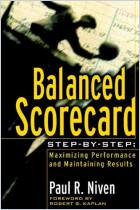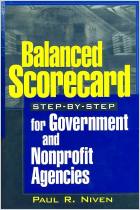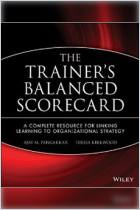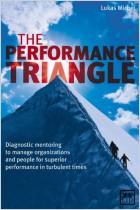
Performance Drivers
A Practical Guide to Using the Balanced Scorecard
Read offline
Recommendation
Performance Drivers provides a comprehensive explanation of the balanced scorecard system, which is designed to help companies measure and improve their performance. More importantly perhaps, the book also includes an honest assessment of the balanced scorecard’s shortcomings and weaknesses, along with suggestions on how you can improve the effectiveness of your own system and increase its chances of success. The writing tends to the dry, which might be a result of the translation from its original Swedish. Nevertheless, getAbstract.com strongly recommends this book to anyone interested in learning the intricacies of the balanced scorecard.
Summary
About the Authors
Nils-Göran Olve is an adjunct professor at Sweden’s Linköping University. He is author of Virtual Organizations and Beyond. Jan Roy is CEO and a senior partner of CEPRO management consultants and previously worked as CEO of several Swedish companies. Magnus Wetter is a management consultant specializing in strategic development and control issues. He has studied at Lund University and McGill University in Montreal.


















Comment on this summary or Начать обсуждение